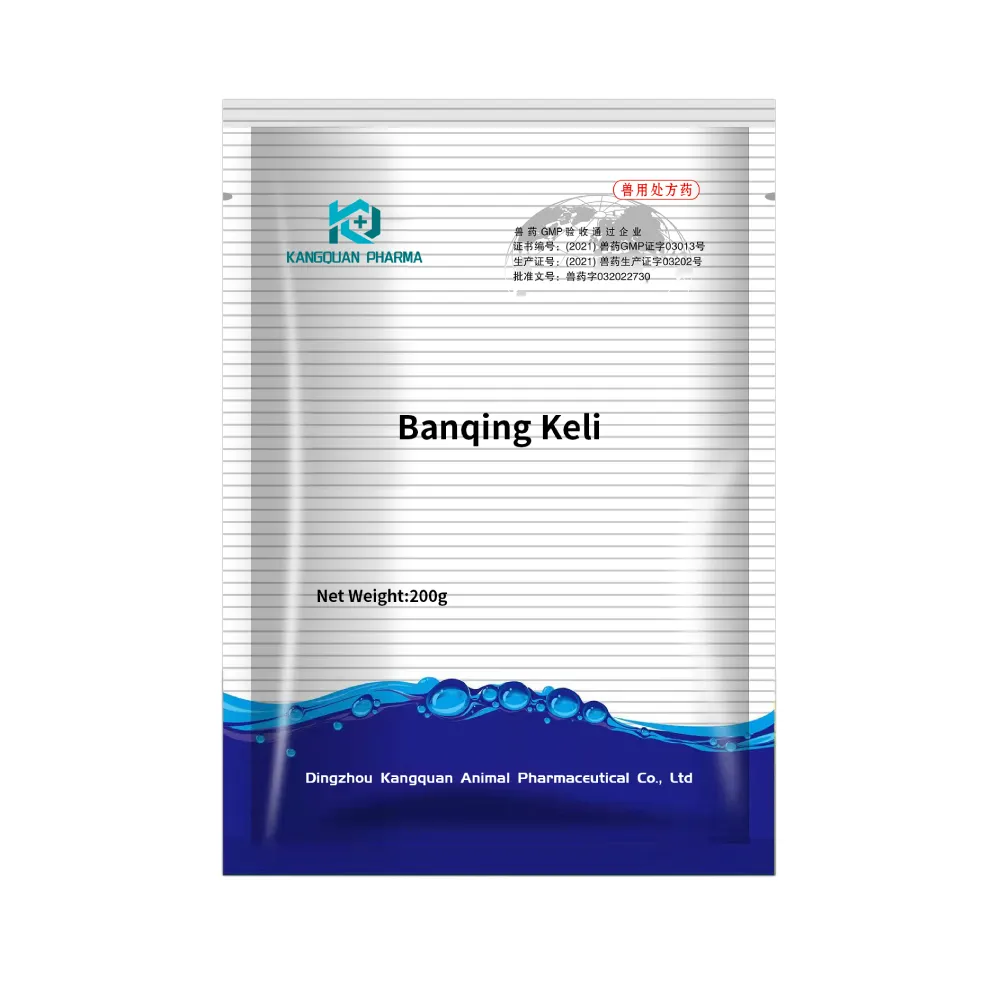- Afrikaans
- Albanian
- Amharic
- Arabic
- Armenian
- Azerbaijani
- Basque
- Belarusian
- Bengali
- Bosnian
- Bulgarian
- Catalan
- Cebuano
- Corsican
- Croatian
- Czech
- Danish
- Dutch
- English
- Esperanto
- Estonian
- Finnish
- French
- Frisian
- Galician
- Georgian
- German
- Greek
- Gujarati
- Haitian Creole
- hausa
- hawaiian
- Hebrew
- Hindi
- Miao
- Hungarian
- Icelandic
- igbo
- Indonesian
- irish
- Italian
- Japanese
- Javanese
- Kannada
- kazakh
- Khmer
- Rwandese
- Korean
- Kurdish
- Kyrgyz
- Lao
- Latin
- Latvian
- Lithuanian
- Luxembourgish
- Macedonian
- Malgashi
- Malay
- Malayalam
- Maltese
- Maori
- Marathi
- Mongolian
- Myanmar
- Nepali
- Norwegian
- Norwegian
- Occitan
- Pashto
- Persian
- Polish
- Portuguese
- Punjabi
- Romanian
- Russian
- Samoan
- Scottish Gaelic
- Serbian
- Sesotho
- Shona
- Sindhi
- Sinhala
- Slovak
- Slovenian
- Somali
- Spanish
- Sundanese
- Swahili
- Swedish
- Tagalog
- Tajik
- Tamil
- Tatar
- Telugu
- Thai
- Turkish
- Turkmen
- Ukrainian
- Urdu
- Uighur
- Uzbek
- Vietnamese
- Welsh
- Bantu
- Yiddish
- Yoruba
- Zulu
डिसेंबर . 06, 2024 10:02 Back to list
Uses and Applications of Tylosin Injection in Veterinary Medicine
Tylosin Injection Uses An Overview
Tylosin is a macrolide antibiotic primarily used in veterinary medicine. It is effective against a variety of bacterial infections and has been commonly applied in livestock, poultry, and aquaculture. Tylosin injection, in particular, serves as a critical therapeutic agent to combat infections, improve animal health, and enhance productivity in food animals. Understanding its uses, mechanisms, and precautions is essential for anyone involved in animal husbandry or veterinary care.
Mechanism of Action
Tylosin functions by inhibiting bacterial protein synthesis. It binds to the 50S ribosomal subunit of bacteria, which prevents the growth and reproduction of the pathogen. This antibiotic shows effectiveness against Gram-positive bacteria and some Gram-negative bacteria, making it a versatile option for treating infections. It is notably effective in treating respiratory diseases, skin infections, and conditions caused by mycoplasma, which are common in various animal species.
Common Uses in Veterinary Medicine
1. Respiratory Infections Tylosin is often administered to treat respiratory infections in livestock, particularly in cattle and swine. These infections can be caused by pathogens such as Mycoplasma bovis in cattle and Mycoplasma hyopneumoniae in pigs, leading to conditions like pneumonia and pleuropneumonia.
2. Enteritis and Gastrointestinal Disorders In both poultry and swine, tylosin is utilized to manage enteritis, a condition characterized by inflammation of the intestines. By targeting specific bacterial pathogens, tylosin helps restore gut health, reduce inflammation, and improve overall digestion.
3. Chronic Mastitis in Dairy Cows Tylosin injections can also be administered to treat chronic mastitis, an infection of the mammary gland that poses a significant economic challenge to dairy producers. Reducing the incidence of mastitis not only improves milk quality but also ensures the welfare of the dairy herd.
tylosin injection uses

4. Aquaculture In fish farming, tylosin is employed to treat infections caused by bacteria such as Aeromonas, contributing to healthier stock and higher yields. The antibiotic works to minimize mortality rates and promote growth, which is crucial in the competitive aquaculture industry.
5. Prevention of Disease Beyond treating existing infections, tylosin is also used as a preventative measure. It can be included in feed or administered as an injection to mitigate the risk of diseases spreading in herds or flocks, particularly during stressful events such as weaning or transportation.
Safety and Precautions
While tylosin is highly effective, it is essential to use it responsibly. Over-reliance on antibiotics can lead to antibiotic resistance, posing a threat not just to animal health but also to public health. Farmers and veterinarians must adhere to withdrawal times after administering tylosin to ensure that antibiotic residues do not enter the human food supply.
Additionally, tylosin should only be used based on a veterinarian's recommendation, as improper use may exacerbate issues rather than resolve them. Monitoring for potential side effects is crucial; although generally safe, some animals may experience localized reactions at the injection site or other mild adverse effects.
Conclusion
Tylosin injection serves as a critical tool in veterinary medicine, especially in the context of livestock production and aquaculture. Its ability to combat bacterial infections contributes significantly to the health and productivity of animals, ensuring a steady food supply and economic viability for farmers. However, responsible use and adherence to veterinary guidance are paramount in mitigating risks associated with antibiotic resistance and ensuring the safety of animal-derived food products. As the veterinary landscape continues to evolve, proper education on the uses and implications of antibiotics like tylosin remains vital for sustainable animal husbandry practices.
-
Guide to Oxytetracycline Injection
NewsMar.27,2025
-
Guide to Colistin Sulphate
NewsMar.27,2025
-
Gentamicin Sulfate: Uses, Price, And Key Information
NewsMar.27,2025
-
Enrofloxacin Injection: Uses, Price, And Supplier Information
NewsMar.27,2025
-
Dexamethasone Sodium Phosphate Injection: Uses, Price, And Key Information
NewsMar.27,2025
-
Albendazole Tablet: Uses, Dosage, Cost, And Key Information
NewsMar.27,2025













